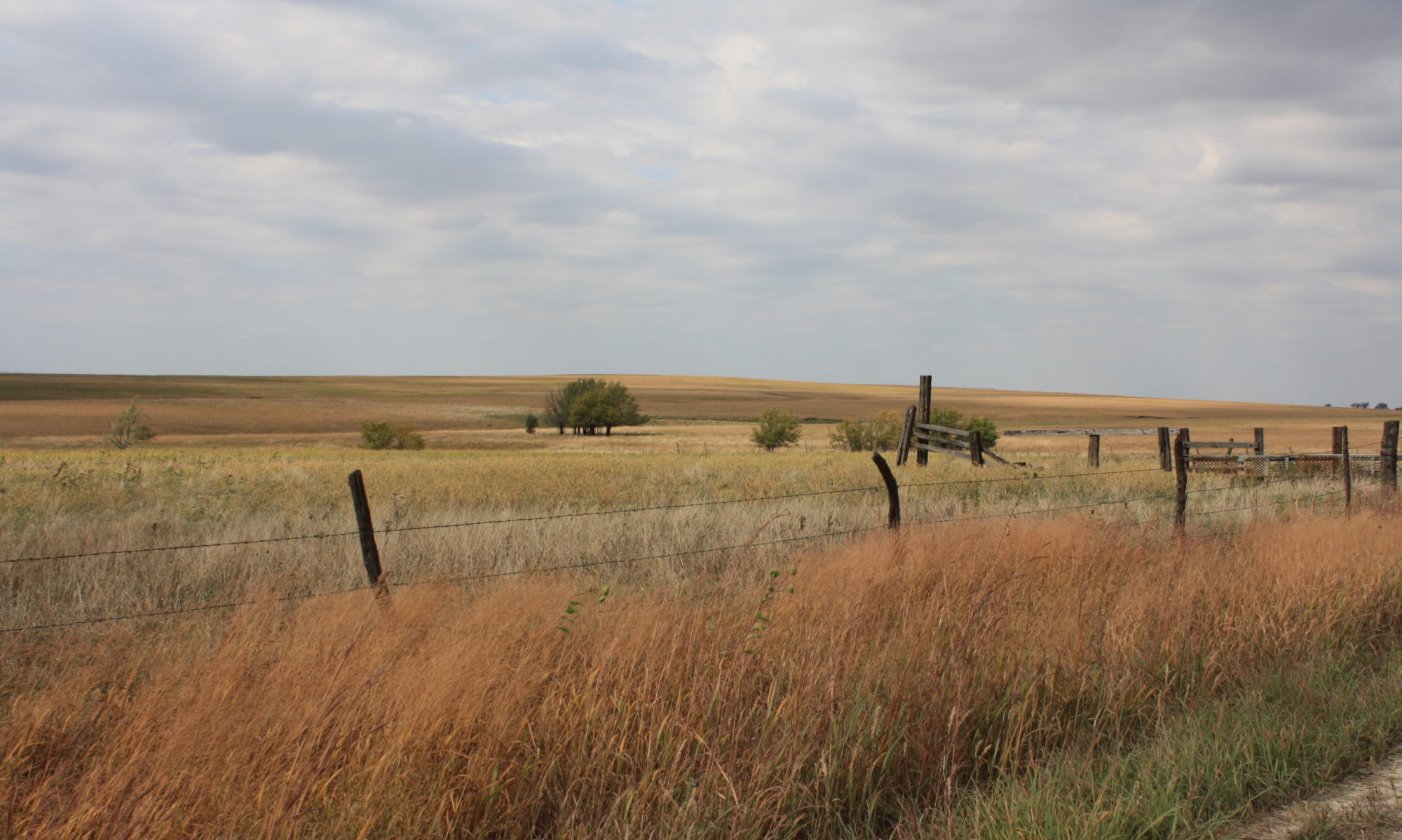Wednesday was a day of mourning for former President George H. W. Bush. It also should have been a day of mourning for the loss of dignity and decorum, not just in the presidency but throughout all of our government. I’m sorry, but we have to admit that politics has become trashy and anyone who is attracted to it becomes trashy in the process.
It didn’t use to be that way. In the past, those who chose to go into politics, those who chose to represent us in governance, knew what was appropriate and what was not. Not only did they know how to represent the people in public, they knew what was expected of them in private. Even if they were not the most modest examples of paragons of virtue, their private philandering was kept private. Their private affairs and even their health was not a matter for public consumption. It would be a while before most of the nation was aware that Franklin Roosevelt suffered from the effects of polio and even longer before they knew that FDR and Eleanor led primarily separate lives.
JFK was privately known as a philanderer, but what the public saw was a loving father and charming family man. What the public knows now about about him increasing the presence of the US in Vietnam, the Bay of Pigs fiasco in Cuba and taking us close to nuclear with the Soviets, was largely kept out of public view during his presidency.
It wasn’t just the presidents who came from an elite background who knew how to behave. Harry Truman kept his private life so separate that he still called Independence, Missouri home during his years in the White House. He, like other presidents, knew that the office of the presidency was not his persona. He did not see himself as a public celebrity but as a public servant. Their private lives did not take away or diminish the office of the president because they dealt with the rest of the government and the public with respect.
Strangely enough, the most morally upright and honorable of presidents were not the best at governance. Jimmy Carter was a case in point. Carter was a good man, and still is, with ideas for how we could be a better society, but he didn’t have the knack for governance that some of the more cunning and winsome presidents like LBJ did. Johnson, who rose from a hardscrabble beginning, could be very crass and racist and was always looking for an angle. When he championed the Civil Rights Act in 1964, it is alleged that he stated that by doing so, the Democratic Party would be assured of the black vote for 200 years. In spite of being vulgar and aggressive, he expanded civil rights, medicare and support for public broadcasting, ideas which we are still benefiting from today.
In the past 100 years, we have had some good presidents, such as JFK, who were not perfect people and some good people, such as Jimmy Carter, who were not perfect presidents. We have had some who were adored by the public and others that were hated. What we have not had until the past twenty or thirty years are presidents who see themselves as more important than the office of the President; those who see the presidency as a celebrity position rather than a position of service.
George Herbert Walker Bush may have been one of the last residents of the White House who saw his role throughout his life as a public servant. His life was filled with some heroic deeds and some missteps along the way, but his public persona never diminished any of the offices that he held. He was not a celebrity, he was just a husband and father whose last words to his son were, “I love you”.
Most of us in turn loved him back. He will be missed.
